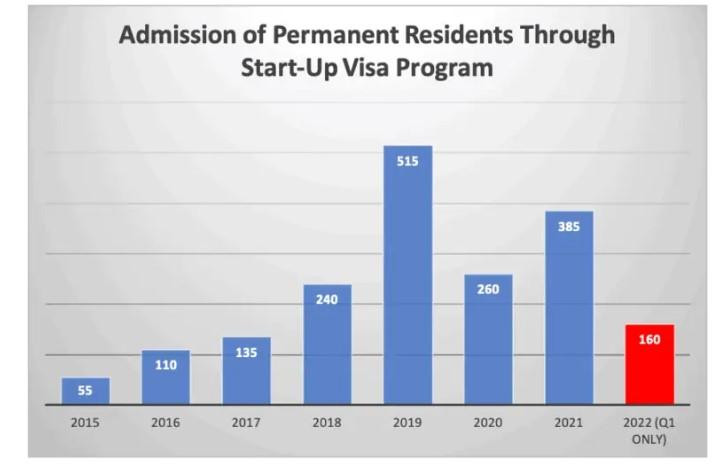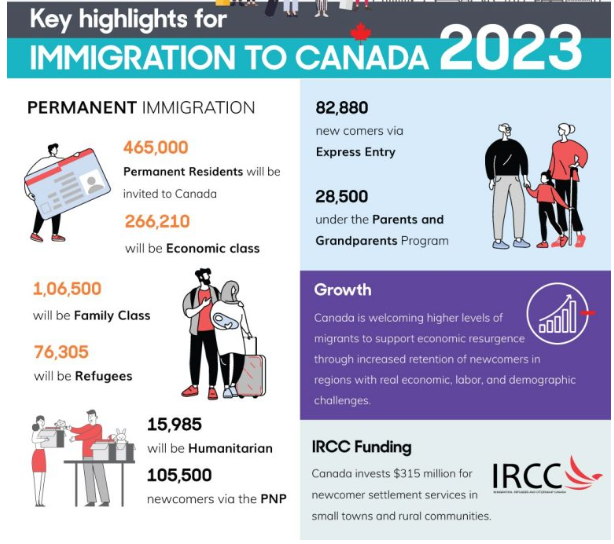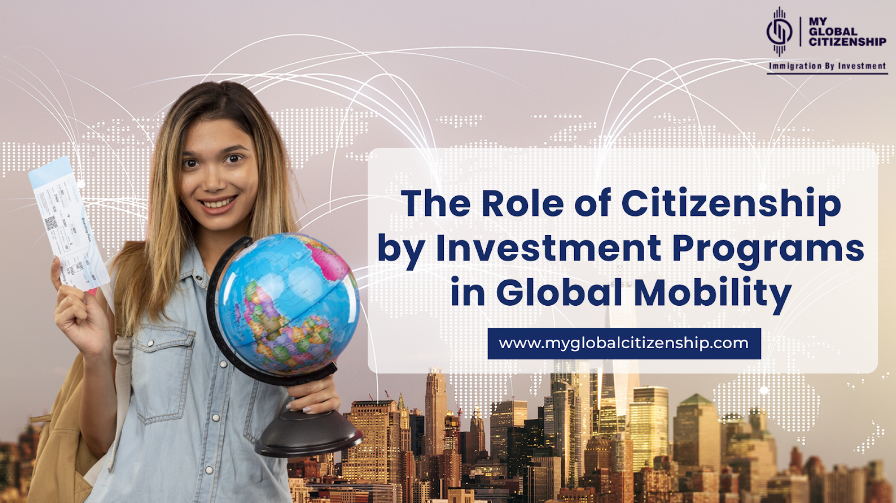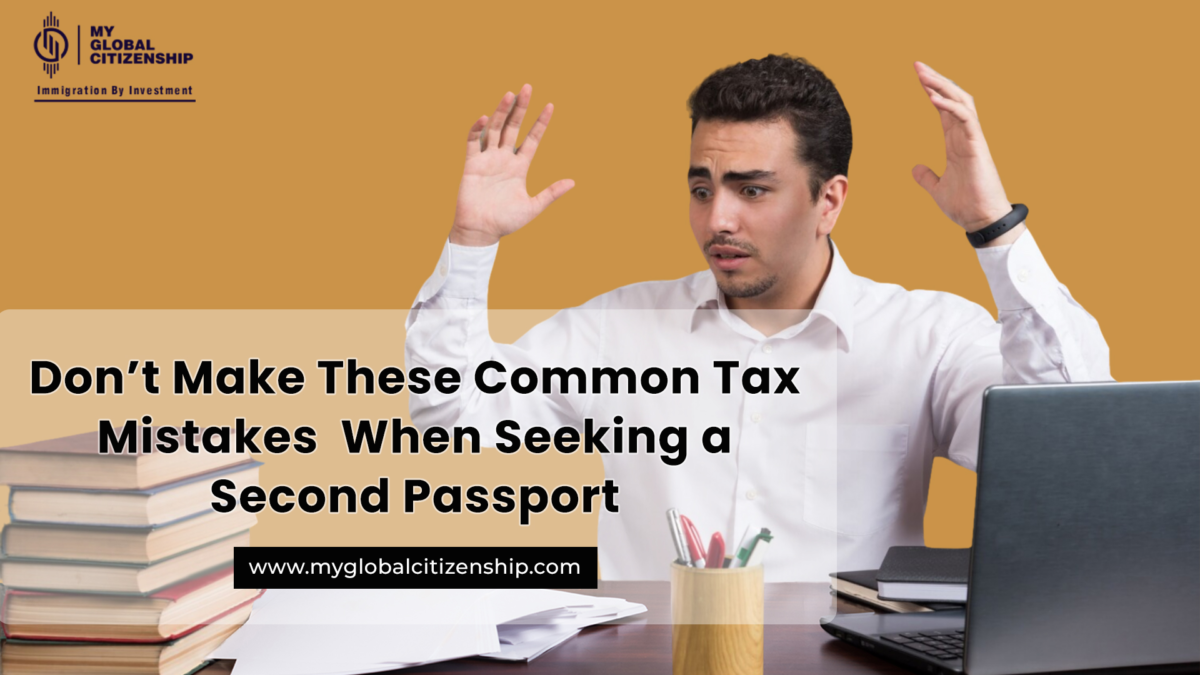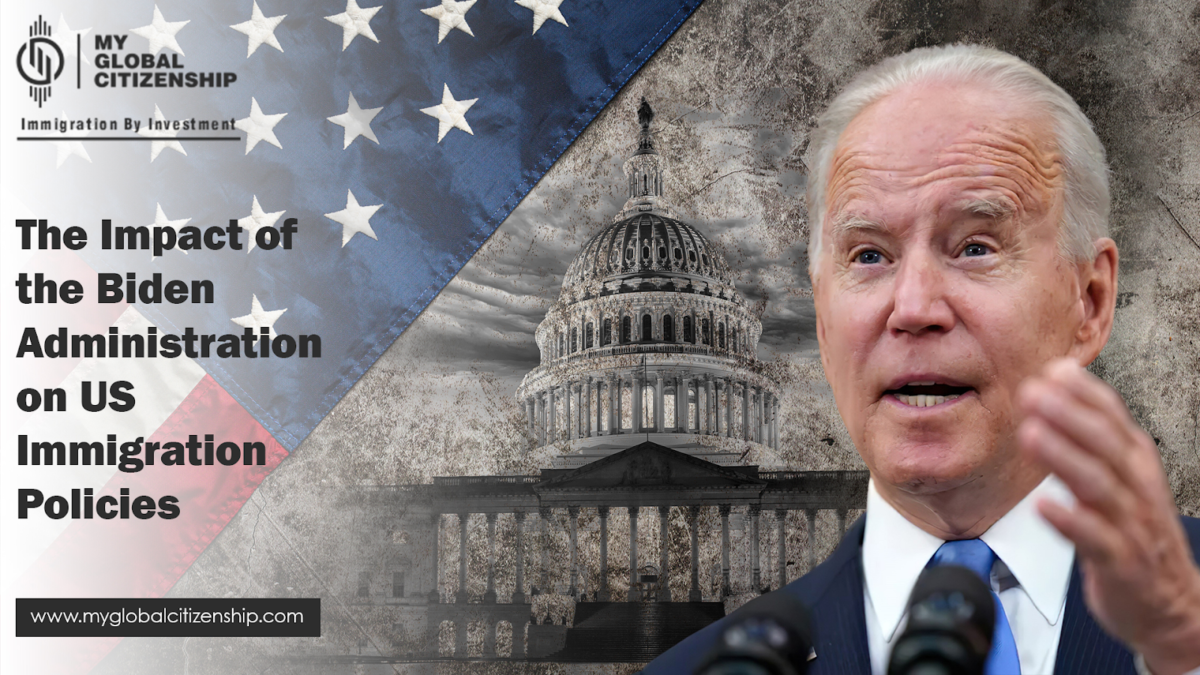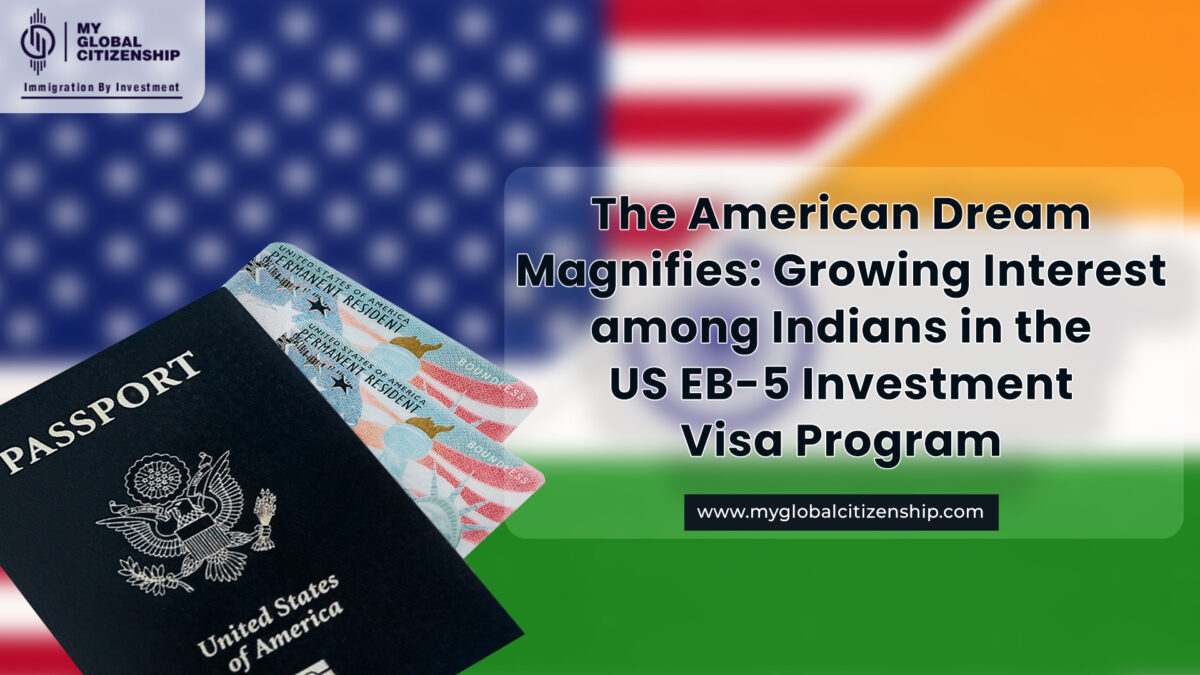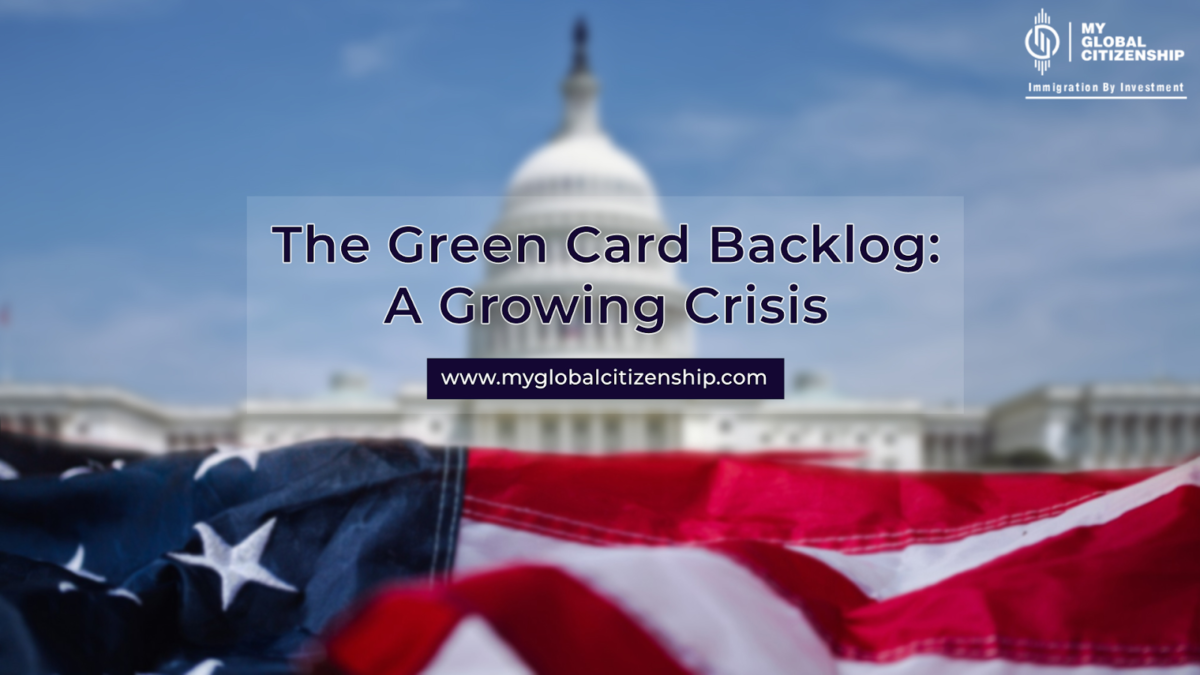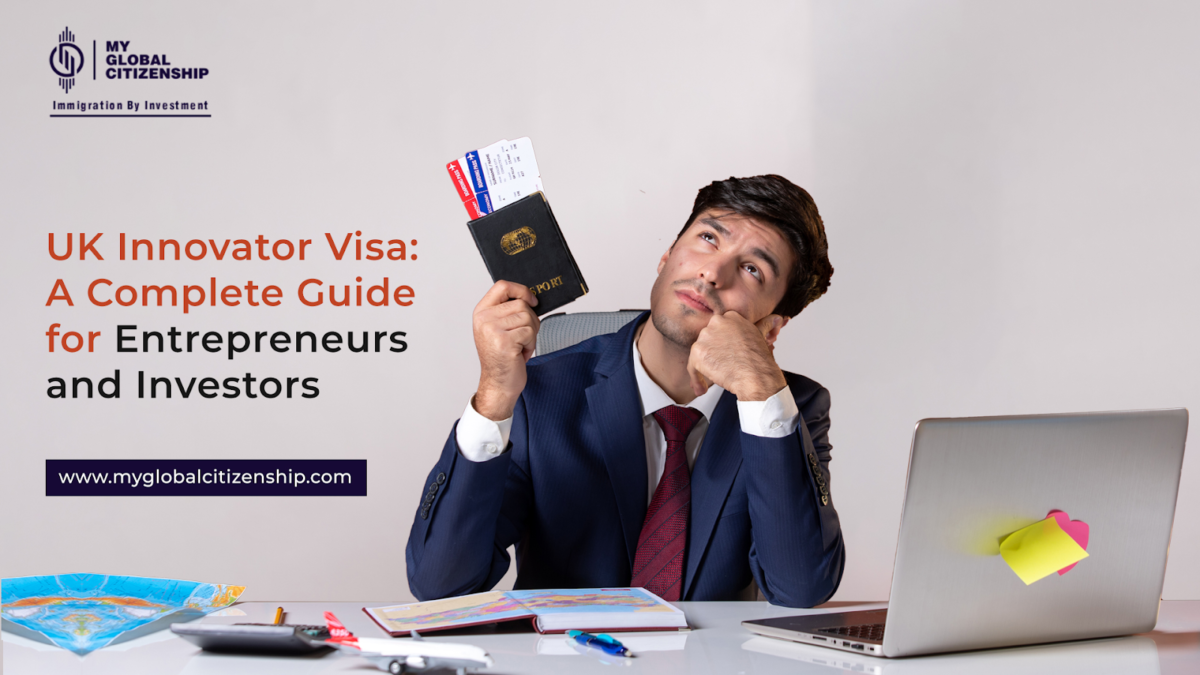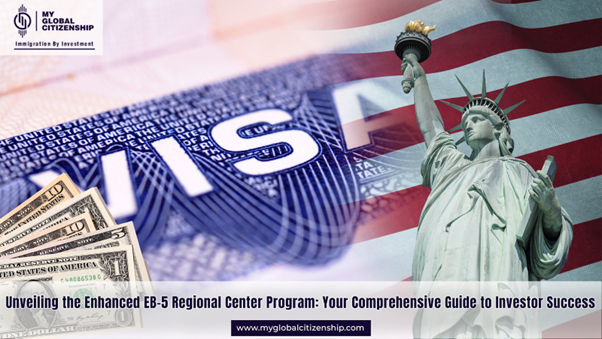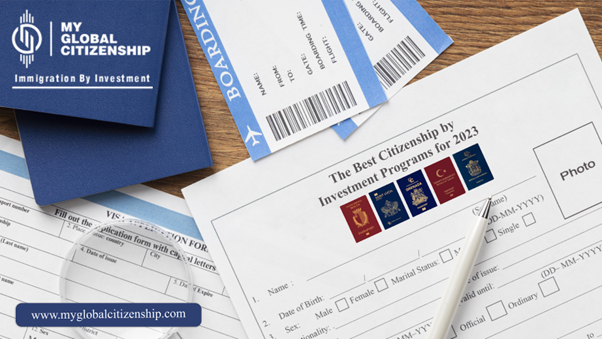Canada offers several investor visa and investment immigration programs that provide opportunities for foreign investors to obtain permanent residency in the country. These programs aim to attract investors who can contribute to the Canadian economy through their investment and entrepreneurial skills. Governments all across the world are using technology more and more in immigration and integration procedures. The Canadian government has ensured to make efforts to improve future citizens’ experiences as investors who obtain their citizenship boost their country’s economy, growth, and development.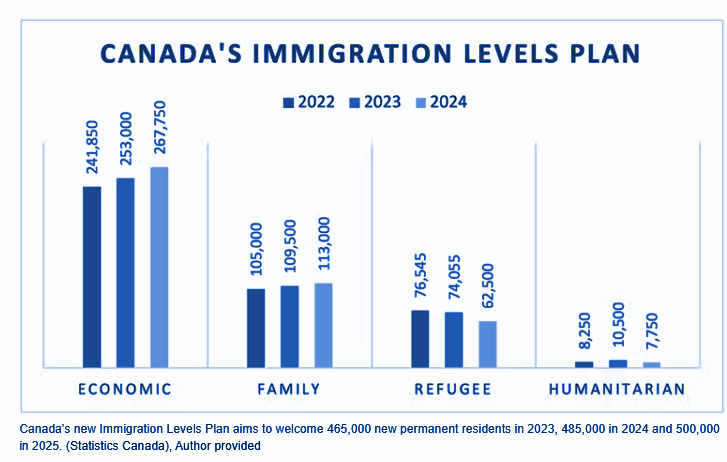
Source: The Conservation
The above graph shows that Canada’s new Immigration level plan aims to provide 465,000 permanent residencies in 2023, 485,000 permanent residencies in 2024, and 500,000 in 2025. Immigrants are a vital part of the Canadian economy and social fabric. Immigration Minister Sean Fraser stated that Canada’s new immigration goal of 500,000 permanent residents annually by 2025 strikes a balance between economic requirements and international duties.
Different Types of Investor Programs
Canada Start-up Visa Program
The Canada Start-up Visa Program is aimed at business owners with creative ideas for ventures. Applicants must get a commitment from an approved Canadian venture capital fund, angel investor organization, or business incubator to be considered. Recipients are given a work permit and may then apply for permanent residence. You must own at least 50% of the voting rights associated with all of the company’s shares, or at least 10% of the voting rights associated with all of the company’s shares, together with the designated organization. It will cost 200,000 CAD from a Canadian venture capitalist, 75,000 CAD from an angel investor, and nothing at all if your company is accepted into a Canadian business incubator program.
Source: Immigration.ca
The figure shows the admission of Permanent residents through the Start-Up Visa Program from the year 2015 to 2022 quarter 1. This graph shows that Business investment in Canada has increased after Covid and is expected to be higher by the end of 2023.
Provincial Nominee Programmes (PNPs)
There are different provincial nominee programs in Canada, some of which feature investor or entrepreneur streams. Provinces can suggest foreign investors through these programs who can boost the regional economy. Each province has different qualifying standards and investment restrictions. Express Entry and Non-Express Entry processes are the two categories.
Atlantic Immigration Pilot Program (AIPP)
The Atlantic Immigration Pilot Program is a collaboration between the federal government and the Atlantic provinces of Canada. It includes an entrepreneur stream that targets experienced business owners and requires a minimum business investment in Canada for a new or existing business.
Self-Employed Persons Programme
Those who want to work for themselves in Canada and have appropriate expertise in the arts or sports are eligible for the Self-Employed Persons Programme. Candidates must show that they have the potential to significantly advance their professions.
Source: y-Axis
The above pictorial representation throws insights into the number of permanent immigrants and various allotments based on factors and specifications. It is shown that by the end of 2023, 465000 permanent residents will be brought to Canada where 266,210 will be in economic class, 1,06,500 in family class, and 76,305 in Refugees. The estimated number of newcomers via PNP immigrating to Canada is 105,500 and 15,985 will be through Humanitarian based programs. Also, the number of newcomers through express entry is estimated to be 82,800 and 28,500 under the parents and grandparents program.
Factors one should consider while selecting the right business for a Canadian Investor Visa application
Understand the Investment Objectives and Preferences:
Before diving into the search for a suitable business, it is essential to clarify the investment objectives and preferences. Consider factors such as financial goals, industry expertise, risk tolerance, and personal interests and understand them to make the decision-making process and help narrow down the options.
Proper Research
The Canadian business landscape should be researched to get knowledge of booming industries, market trends, and investment prospects. Take into account elements like regulatory environment, capacity for growth, economic stability, and support for foreign investment. Conduct thorough research using reliable sources, consult industry reports, and leverage professional networks to gather valuable information about the opportunities for Business investment in Canada.
Seek Professional Guidance
Engage in the services of professionals who specialize in Canadian immigration and Canada start-up visa program. An experienced immigration lawyer, business consultant, or investment advisor can provide invaluable guidance throughout the process. They can help you understand the legal requirements, and ensure compliance with immigration and business regulations. Their expertise will significantly enhance your chances of selecting the right business and successfully navigating the investor visa application process.
Consider Regional Opportunities
Canada is a vast country with diverse regional economies. Consider exploring investment opportunities in specific regions that align with your investment objectives and preferences. Analyze factors such as population growth, industry clusters, infrastructure development, and government incentives. Some provinces or territories may have specific investment programs or targeted sectors that offer additional benefits to foreign investors. Assessing regional opportunities can help you narrow down your search and identify business prospects that are well-suited to your goals.
Conduct Due Diligence
Thorough due diligence is critical when evaluating potential businesses for investment. Scrutinise financial statements, market projections, business plans, and legal documents. Assess the company’s track record, reputation, and growth potential. Seek independent professional advice to evaluate the financial viability, potential risks, and returns on investment. Additionally, conduct background checks on key stakeholders and ensure compliance with anti-money laundering regulations.
Conclusion
Selecting the right business for your Canadian Investor Visa application is a crucial step toward achieving your immigration and investment goals. By understanding your investment objectives, conducting thorough research, seeking professional guidance, considering regional opportunities, and conducting due diligence, you can make an informed decision. Remember that the business you choose should not only meet the Canada start-up visa program requirements but also align with your long-term financial objectives and personal interests. With careful consideration and expert support, you can set yourself up for success in your Canadian investor journey. The different programs offered have different criteria and it is essential to evaluate different options and opportunities that are best convenient to the investor as well as for his business.


